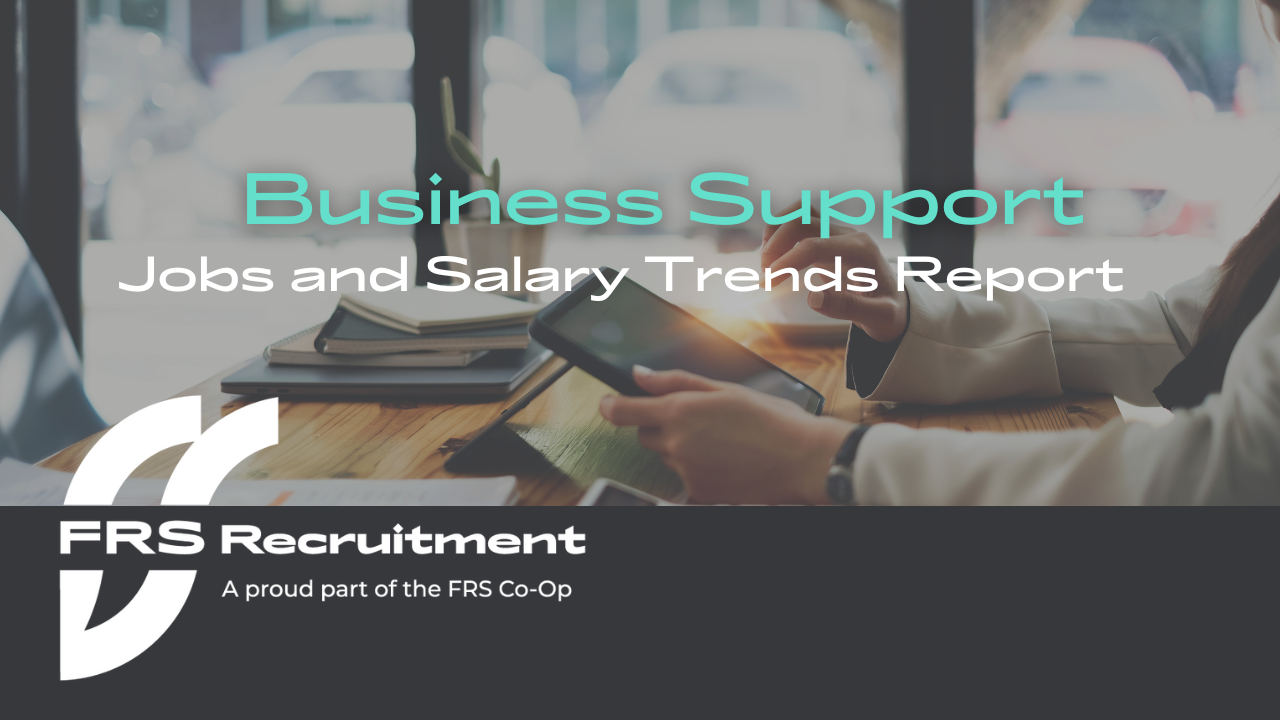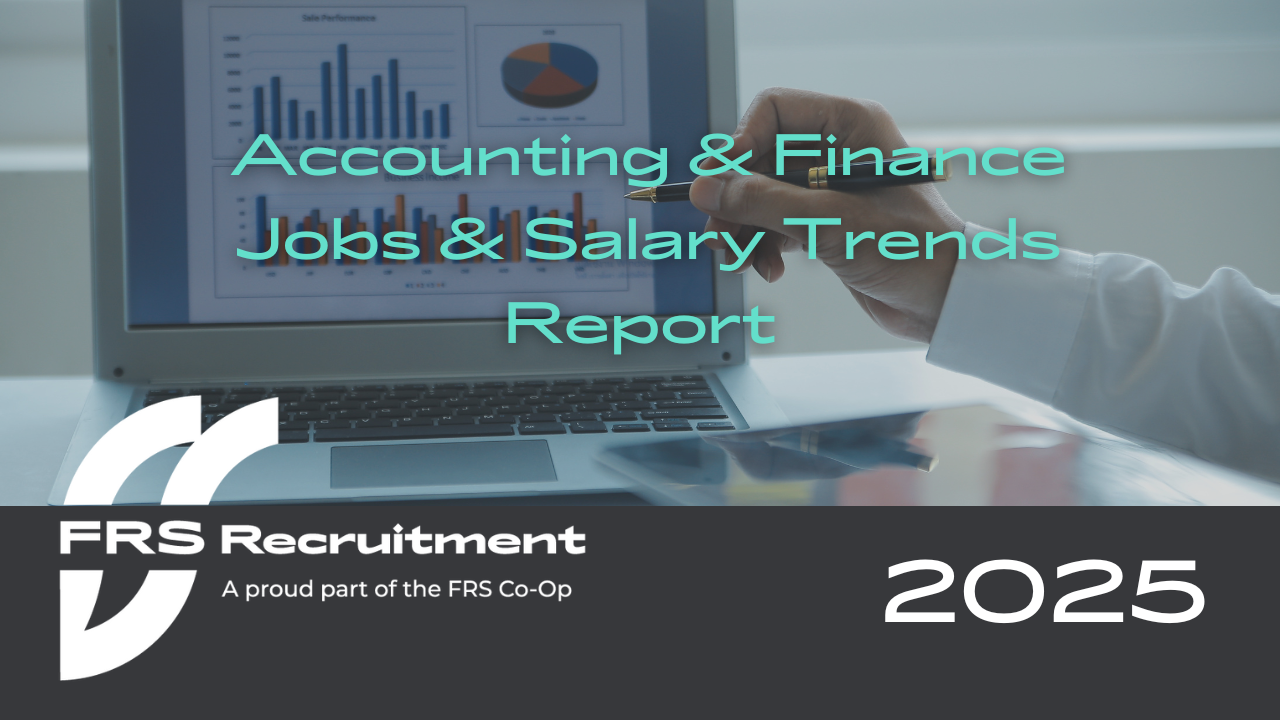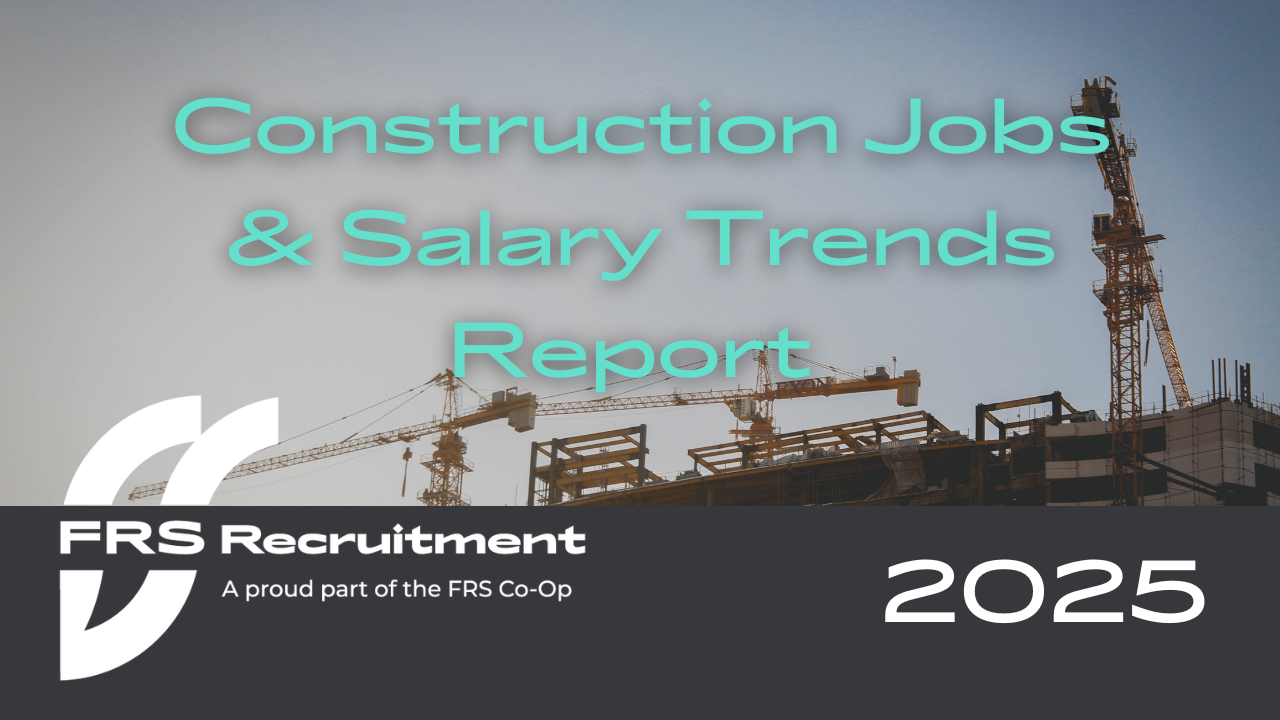FRS Recruitment, Environmental, Social and Governance Report
FRS Co-Op Commits To Cutting Carbon Emissions And Landfill Waste By 2030 In New Sustainability Strategy
Strategy launched on Earth Day 2025
National social enterprise has helped 62k+ unemployed people secure jobs, delivered 244 days of volunteering support and reduced paper usage by 37k sheets per annum
Other impacts include eliminating 1,302 plastic water containers, cutting 26 tonnes of carbon and conducting over 80k soil samples for farms around country
FRS Co-Op, the multimillion euro social enterprise, has committed to reducing their carbon emissions by 20% and halving their landfill waste by 2030 as part of their new sustainability strategy. The strategy was launched by FRS Co-Op on Earth Day 2025 (22nd April), a global annual event which aims to promote positive action in support of environmental protection.
In their first Environment, Social Governance (ESG) Report, FRS Co-Op is also aiming to develop a biodiversity strategy with a focus on agriculture, increase their community engagement and continue to provide support to the farming and wider communities in which they operate.
FRS Co-Op has also committed itself to aligning with the United Nations Sustainable Development Goals (SDGs). Among the specific commitments made by FRS Co-Op are:
- A 20% reduction in Scope 1 and 2 carbon emissions by 2030, working towards a net zero target by 2050.
- Reducing greenhouse gas emissions from the company’s vehicle fleet by 25% by 2030.
- A 50% cut in landfill waste by 2030, evolving to a target of zero waste by 2050.
- Installing solar renewable energy panels in their headquarters and other largest office by 2026.
- Increasing their level of community engagement by 10% in 2025 through further participation in their ‘Give Back Days’ programme and additional partnerships with local organisations.
- Implementing a biodiversity strategy with a focus on agriculture this year.
- Continuing to support and assist farming communities across Ireland.
- Helping those who have had difficulty sourcing employment to find jobs.
Founded in 1980 and headquartered in Roscrea, Co. Tipperary, FRS Co-Op is active in every town and village across the country, employing 2,000 people across the group with annual turnover of circa €100 million. The different business units included in the group, who will all support this sustainability strategy, include FRS Recruitment, FRS Farm Services, FRS Fencing, FRS Training, FRS Contract Services, Turas Nua and WrkWrk.
FRS Co-Op has already made significant progress in their sustainability efforts. This has included helping 62,000+ unemployed people secure meaningful employment through Turas Nua, providing 244 days of voluntary support to community and charity groups in 2024 and reducing their paper usage by 37,000 sheets peer annum.
Additional achievements aligned with their ESG strategy include eliminating the use of 1,302 plastic water containers across the organisation, cutting 26.52 tonnes of carbon through the merging of office premises, conducting over 80,000 soil samples for farms around the country and supporting the use of environmentally friendly creosote alternatives for fencing throughout Ireland.
Speaking about their new sustainability strategy, Colin Donnery, Group CEO of FRS Co-Op said, “We strongly believe that organisations and businesses are of their communities. They are formed from and by the world around them, the world in which they operate. That has been part of the ethos of FRS from Day 1. It’s why our corporate motto is “We Grow Better Together”.
“In this day and age there is scope for organisations to do more, which becomes even more acute when you are an organisation of the size and reach of FRS. That is why we have adopted this new sustainability strategy and why we want our commitments to act as more than just targets.
“We are grateful to be in a position whereby our social impact makes a difference, be it through years of assisting farming communities or helping the long term unemployed find jobs. We want to keep providing that support, to ensure there is sustainable employment for our staff, our neighbours and our communities.
“That means making the environment better, the cities and communities in which we live more sustainable, reducing our carbon footprint and encouraging greater biodiversity. We want to ensure we play our part in enabling the communities in which we live to prosper and the land upon which we live to thrive for decades and decades to come.
“For that to happen we all need to be looking towards a sustainable future, being mindful of how we all go about our work. We hope this strategy will help sustain those objectives and that our organisation can play its part in protecting the world around us while continuing to positively impact the people and communities we work with every day,” Mr. Donnery concluded.











